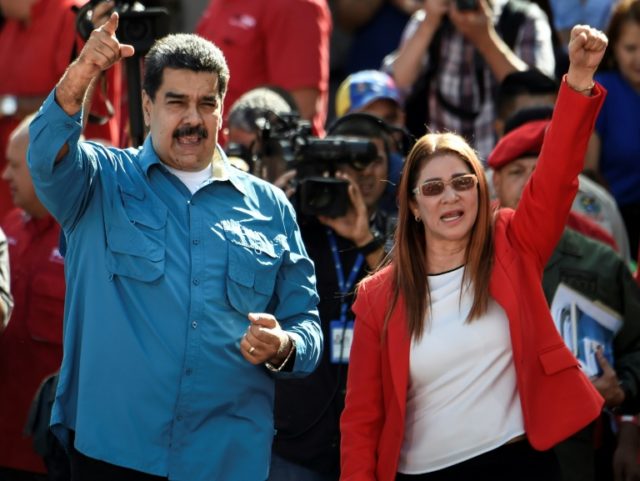A Venezuelan NGO found a steep rise in crackdowns against press freedom in Venezuela, signaling a decline in freedom of expression, censorship, and the closure of independent media outlets, according to a report published this week.
The annual study by Institute for Media and Society of Venezuela documented 518 cases related to freedom of expression, including 1087 infractions of people’s speech rights, throughout 2017, El Nacional reports.
“This result is part of a context of sociopolitical conflicts that throughout the year restricted the communicational rights of Venezuelans,” the report says.
The report also found a significant increase in the number of press restrictions compared to 2016. The government opened 331 cases comprising of 763 violations, while 35 foreign journalists also faced various accusations and threats.
“These actions, which are now commonplace, undermine the profession of journalism by violating freedom of expression and access to information,” the report continues.
It also finds a worrying trend of authorities monitoring social media activity to “strengthen the proselytizing interests that favor the leadership of President Nicolás Maduro.”
The press crackdown and ongoing economic crisis have also led the closure of dozens of media outlets, with a total of 35 newspapers closing down in the past five years.
Overall freedom in Venezuela has become heavily restricted in recent years, as Nicolás Maduro’s government has completed the turn to socialist dictatorship begun by Hugo Chávez.
Following the creation of a parallel legislature designed to bypass democratically elected lawmakers, the socialists voted to implement a law “against hatred and fascism” designed to silence regime opposition.
The Venezuelan government has been at war with the country’s private media since the days of Chávez, who accused them of enabling a coup that sought to overthrow his government and stifled independent outlets to drown out his opposition. By 2009, the government had shut down at least 34 private radio stations, while authorities repeatedly tried to pull the opposition television station Globovisión off air through intimidation of its employees.
Maduro has now stepped up Chávez’s efforts against the media, accusing the country’s private television networks of running a “terrorist campaign” against his regime and even threatening to imprison his critics on Twitter for up to 30 years.
Like most totalitarian regimes, Maduro instead prefers the flow of information through the state-run television channels such as VTV and Telesur, which provide daily pro-government propaganda through broadcast networks and news sites.
Follow Ben Kew on Facebook, Twitter at @ben_kew, or email him at bkew@breitbart.com.

COMMENTS
Please let us know if you're having issues with commenting.